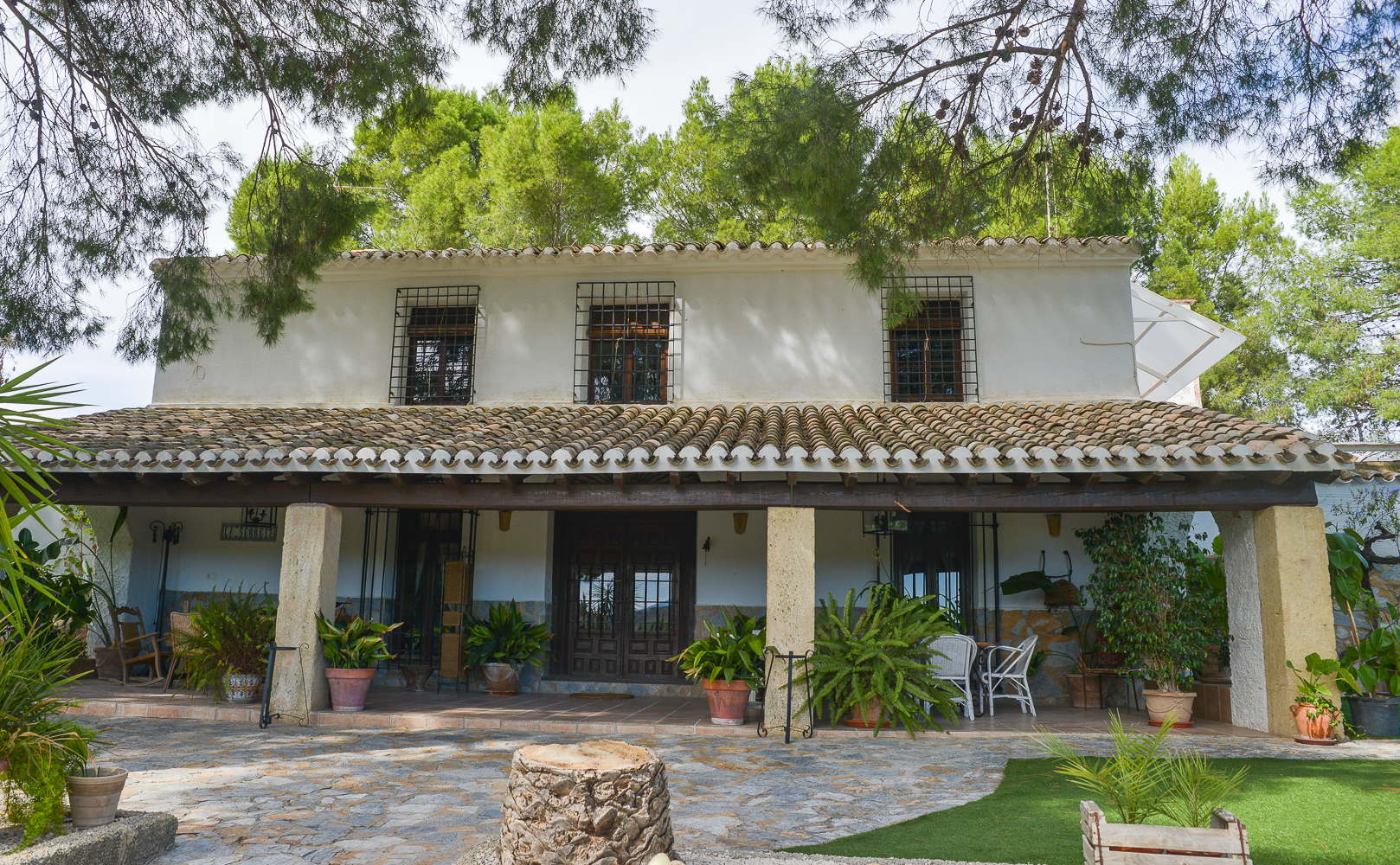We’ve got top news stories for homebuyers and property owners in Spain. There are rumblings that the golden visa scheme could change or even end. Plus, Spain’s new Housing Law is favouring tenants over landlords.
Find homes in Spain via our property portal.
Could this be the end of Spain’s golden visa?
Inigo Errejon, leader of the left-wing party Más País, told news reporters on Monday that his party had reached a preliminary agreement with the Social Security Ministry to put an end to the scheme.

Ready to grab your golden visa while you still can? Head to our property portal! See this three-bedroom townhouse in Istan, Malaga for €550,000. Click on the image for more.
What is a golden visa?
A golden visa grants non-European Union nationals three-year residency in Spain, following an investment in the country. The most popular choice of investment is in a property of at least €500,000. Since Brexit, the scheme has been particularly popular with Brits hoping to own a home in Spain. Benefits of the golden visa include:
-
- The chance to extend your residency and eventually apply for citizenship
- Visa-free travel across the Schengen Area. As it is, British nationals can only stay in the Schengen Area for 90 days out of every 180.
- The right to live, work and study in Spain.
- The option to include dependents.
- There is no minimum stay requirement.
Since its creation in 2013, 11,464 golden visas have been issued. Last year, 2,462 were granted – 60% more than the year before. Chinese investors are the biggest users of the scheme.
Why are Más País objecting to the golden visa?
Golden visas are being blamed for the rising cost of housing. It is felt that foreigners are pricing locals out of their neighbourhoods and making it too challenging for them to get on the property ladder. Errejon said, “Spanish citizenship cannot be bought.”
Other countries, including Greece and Malta, have their own golden visa schemes. However, the European Union has long criticised them, saying that they are a security and money laundering risk. This year, Portugal and Ireland ended their versions of the schemes.
How will the scheme change?
Currently, Spain has not confirmed that there will be any changes to the scheme or that it will be outright finished. One way in which it could change is by the financial requirement doubling from €500,000 to €1 million. Another suggestion has been to change the rules so that property buyers can only invest in less populated areas to encourage wealth growth there. Greece have recently altered the spending threshold and the designated areas of their golden visa, so maybe Spain will follow suit.

This four-bedroom villa benefits from panoramic views. It is in Torrox, Málaga, €550,000. Click on the picture to see more of this fantastic home.
What does this mean for me?
For now – nothing. Más País have simply reached preliminary agreement with the Social Security Ministry. No changes have been made to the Spain golden visa as it currently stands.
Having said that, given that the European Union are urging countries to end the scheme and Portugal has recently done just that, there is a chance that the Spanish government could act.
So, if you were planning to gain residency in Spain through a golden visa, this could be your sign to turn that dream into a reality. Over on our property portal, we have over 14,000 properties for €500,000 and over – buying one would qualify you for the Spain golden visa.
Spain’s new Housing Law: Ley de la Vivienda
Spain’s new Housing Law (Ley de la Vivienda) is far reaching and aims to help tenants rather than landlords. This might be of particular interest to those who rent out their Spanish property on a long-term basis rather than to tourists.
Spain is currently facing a shortage of long-term rental properties in most cities and popular areas on the coast. This has led to an increase in rents, in Barcelona and Madrid with Barcelona’s current average being €19.8/sqm and Madrid’s €16.5/sqm, the highest on record. Elsewhere, prices are high too, so the new Housing Law aims to control rent increases.
It also introduces fines for properties left empty which could be rented out. Homes that are undergoing renovation or refurbishment are not included. However by checking utility bills, the local authorities can identify homes that are vacant, and these may be subject to fines for owners of 4 properties or more.
Cap on rental increases
Since tenants are facing huge rental increases in line with inflation, 9.4%, the new law has determined a cap on rentals of 2% in 2023 (the same as in 2022) and 3% in 2024. After that rentals will be subject to an index yet to be established. Until now, rents have been tied to the CPI (consumer price index). Landlords will not be able to increase rents above the government’s cap.
Owners of multi properties
This is a new concept. Anyone owning more than five properties now considered to be “a multi property landlord” (originally in a bill passed in 2022, it was ten properties). The new status applies to individual landlords and companies.
Any property owned by a multi property landlord which has been empty for two years or more will be liable to a surcharge on the IBI of up to 150%.
Introduction of stressed areas
Areas where demand for rental property is greater than the supply will be known as “stressed areas”. Here there will be a cap on rental prices but landlords will be compensated by a series of tax deductions, up to 90% in some cases.
Catalonia, Madrid, The Basque Country, the Balearic Islands, Málaga, Seville and Valencia are the most distressed areas, but others may be included in the future.
Estate agent’s Fees
It has always been the case that the agent’s fees are paid by the incoming tenant. This has often meant that you could end up paying three months’ rent in advance: one month to the agent and up to two months as a deposit. Now things will be different and in favour of the tenant as the landlord must pay the agent’s fees.
It is also no longer possible to make tenants pay for municipal taxes or community fees.
Changes to eviction notices
Additionally, the new law stipulates that eviction notices to tenants must be in advance, rather than carried out unexpectedly carried out.













